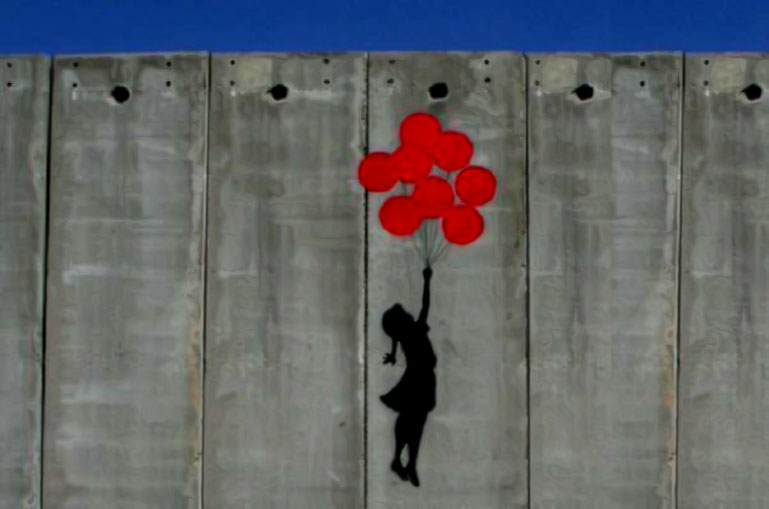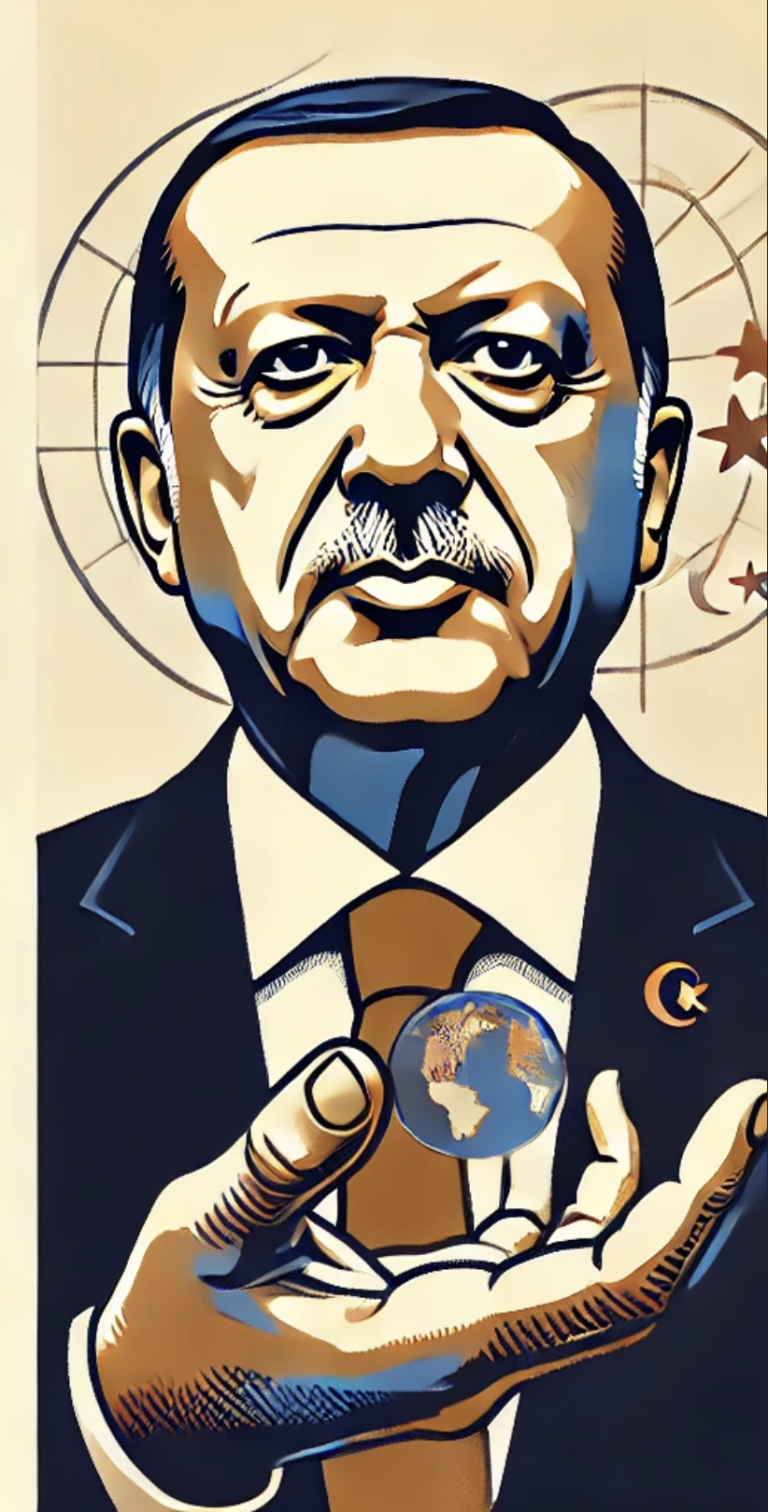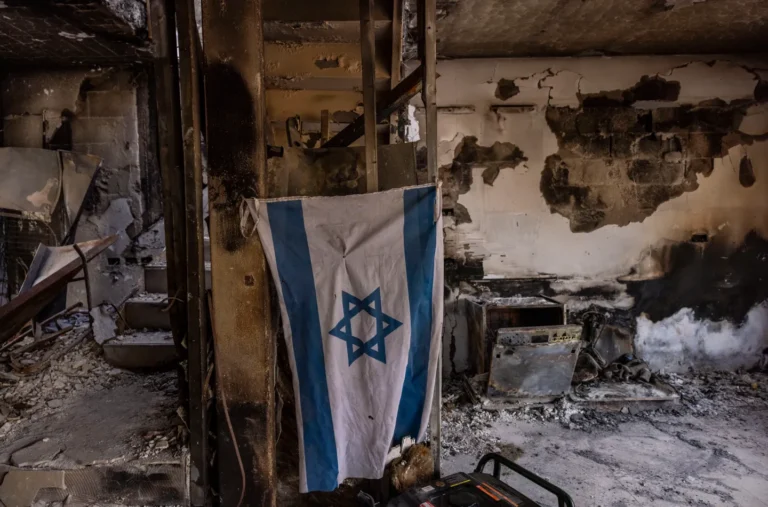By Andrea Tucci,
Almost a year has passed since October 7, 2023, the day of Hamas’s attack on Israel, and a notable absence remains in the escalating regional crisis: the Arab countries. These nations have maintained a cautious stance and have been minimally active diplomatically, even as the world around them spirals into an inexorable escalation, with thousands dead in Gaza, Lebanon destabilized by the conflict between Hezbollah and Tel Aviv, bombings in Syria and Yemen, and Iran bracing for potential reprisals from the Jewish state.
There are ample reasons for these countries to mobilize, attempt mediation, and work to quell the fires threatening the region. Yet, this has not happened. The Arab countries remain motionless. The explanation lies in the transformed regional dynamics of recent years, now under threat from ongoing crises.
A Significant Change:
None of the Arab countries that have established diplomatic relations with Israel have decided to sever them—not the early adopters like Egypt and Jordan, nor the more recent ones such as the United Arab Emirates, Bahrain, or Morocco. Public opinion in these countries, where it can be expressed, is clearly sympathetic to Gaza’s residents, but the governments remain in a waiting posture.
These states have made the political choice to rely on Israel for their security and economic development, signing the so-called Abraham Accords without concern for the future of the Palestinians, who have been entirely sidelined in this rapprochement process.
Saudi Arabia, admittedly, has been more vocal about the Palestinian cause, stating that the two-state solution is “more urgent than ever.” However, saying so costs nothing, especially when accompanied by inaction.
What Can Arab States Do?
The critical point to emphasize is that most of these countries find it convenient for Hezbollah and other actors in the so-called “axis of resistance” to be weakened.
The harsh reality is that there is no partner for peace, and the Holy Land has become a place of unspeakable cruelty.
Israel, created in a contested location and under highly questionable foundations in the wake of World War II, undeniably came at the expense of another people: the Palestinians.
With the active complicity of many Arab regimes, the Israeli state has sought to impose a collective forgetting of Palestine.
Where should the displaced be placed after being stripped of their possessions?
“Nowhere” was the most common and most convenient answer.
In this context, Hamas’s terrorist attacks have served the “purpose” of portraying to the world an alarming image of a people’s violence, the Palestinian, seemingly undermining their right to exist.




